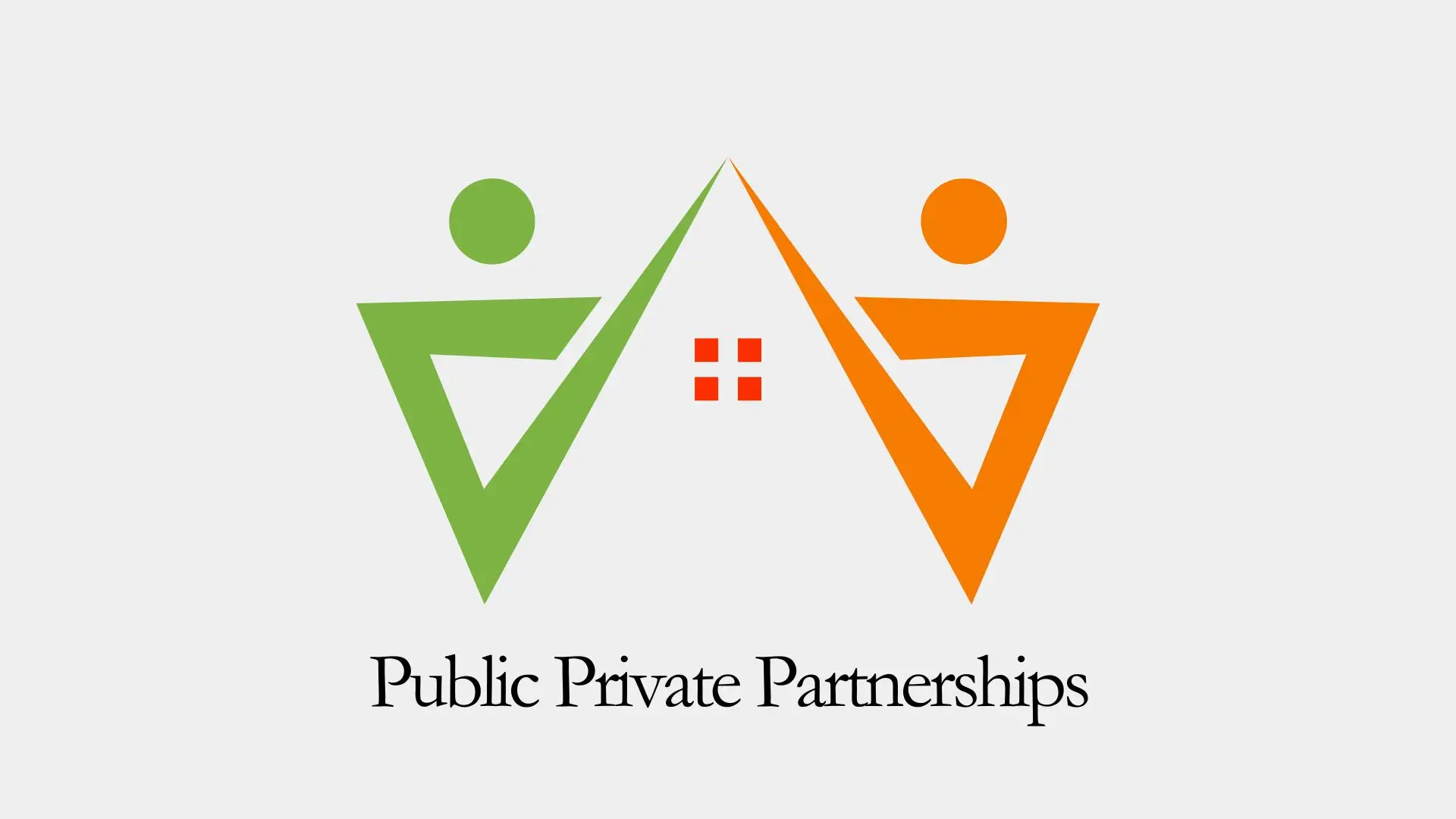
Training on Public Private Partnerships
Public-Private Partnerships (PPPs) have become an increasingly popular mechanism for delivering public infrastructure and services efficiently. Public private partnerships (PPPs) are an alternative mechanism, used by governments, for procuring, delivering, financing and managing these public infrastructure and services.
PPPs have enormous potential to provide mutual benefits to the three stakeholders involved: consumers, governments and the private sector. However, these benefits are easily eroded when PPP projects succumb to corruption, budget mismanagement or a lack of proper understanding of PPPs by either party involved.
This training course provides participants with a comprehensive understanding of PPP frameworks, models, processes, and best practices. Through a combination of theoretical knowledge and practical case studies, participants will gain the skills necessary to design, negotiate, implement, and manage successful PPP projects.
Target Participants
Training on PPPs is suitable for National Government and County Government Officers, State Corporation Managers, Private Practitioners, Technical Consultants, Legal Professionals, Accounting Professionals and Project Finance Project Management Professionals as well as Development Practitioners and Consultants.
What You Will Learn
By the end of this course the participants will be able to:
- Understand the concept and importance of PPPs in modern infrastructure development
- Identify various PPP models and frameworks
- Learn the key stages of PPP project development and implementation
- Acquire skills in structuring, negotiating, and managing PPP contracts
- Analyze the risks and challenges associated with PPP projects and develop mitigation strategies
- Gain insights into international best practices and case studies in PPPs
Course Duration
Classroom Based – 5 Days
Online – 7 Days
Overview of Public Private Partnerships
- Definition, Scope and Objectives
- Infrastructure and services
- The structure of PPPs
- Types of PPP models and Contracts
- Advantages and disadvantages
- Global trends and best practices in PPPs
PPP Frameworks
- Legal, regulatory, policy frameworks
- Technical preparation
- Institutional/capacity building
- Project implementation units
PPP Project Identification and Feasibility Assessment
- Identifying suitable projects for PPPs
- Feasibility studies and project appraisal
- Value for Money (VFM) analysis
- Assessing legal, regulatory, and political risks
PPP Contract Negotiation
- Key elements of a PPP contract
- Strategies for successful negotiation of PPP contracts
- Key clauses and provisions in PPP agreements
- Financial structuring and funding mechanisms
PPP Project Implementation and Management
- Project governance and management structures
- Monitoring and evaluation frameworks
- Performance measurement and benchmarking
- Handling disputes and conflicts
- Case studies on effective project implementation
PPP Project Finance
- Project financing overview
- Sources of financing for PPP projects
- Financial model
- Financial analysis such as, IRR, NPV, Payback, ROE
- Project cash flow
- Role of multilateral agencies and development finance institutions
Stakeholder Engagement in PPP
- Importance of stakeholder engagement in PPP projects
- Strategies for effective communication and consultation
- Managing stakeholder expectations and concerns
- Community Engagement in a PPP for Education
Government Role in PPP Regulation
- Importance of regulatory frameworks in ensuring transparency, accountability, and efficiency
- Key objectives of government regulation in PPPs
- Principles and guidelines for procurement of PPP projects
- Independent regulatory bodies and their role in overseeing PPP projects
Risks and Risk Management in PPPs
- Identifying and assessing project risks
- Risk allocation strategies
- Risk mitigation techniques
- Contingency planning and risk transfer mechanisms
- Lessons learned from failed PPP projects
Social and Environmental Considerations in PPPs
- Social impact assessment and community engagement
- Environmental impact assessment and sustainability standards
- Incorporating social and environmental criteria into project design
- Compliance with international standards and guidelines
- Case studies on addressing social and environmental challenges in PPPs
Benefits of PPP Regulation and Monitoring
- Standards for service delivery
- Regulation of rates and service charges
- Establishment of market rules
- Performance monitoring and management of entities
- Arbitration and settling of disputes
- Methods for evaluating the social, economic, and environmental impacts of PPP projects
Case Studies and Examples of Successful PPPs
- Successful PPP projects from around the world
- Lessons learned and best practices in PPP implementation
- Challenges and pitfalls to avoid in PPPs
- Opportunities for innovation and improvement
- Group discussions and interactive exercises
Emerging Trends in PPPs
- Digitalization, green infrastructure, etc
- Innovations in PPP financing and structuring
- Strategies for adapting to changing market conditions

